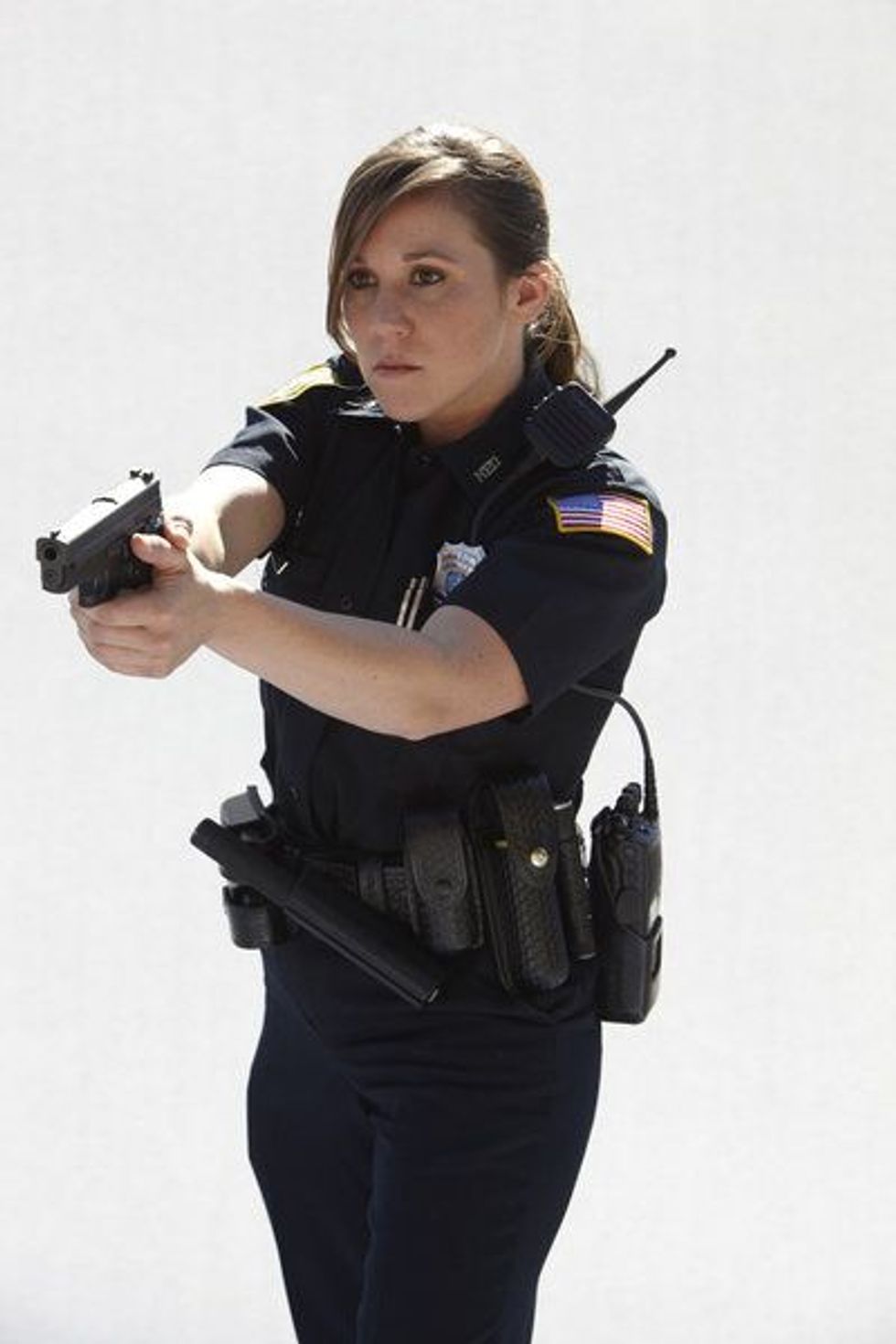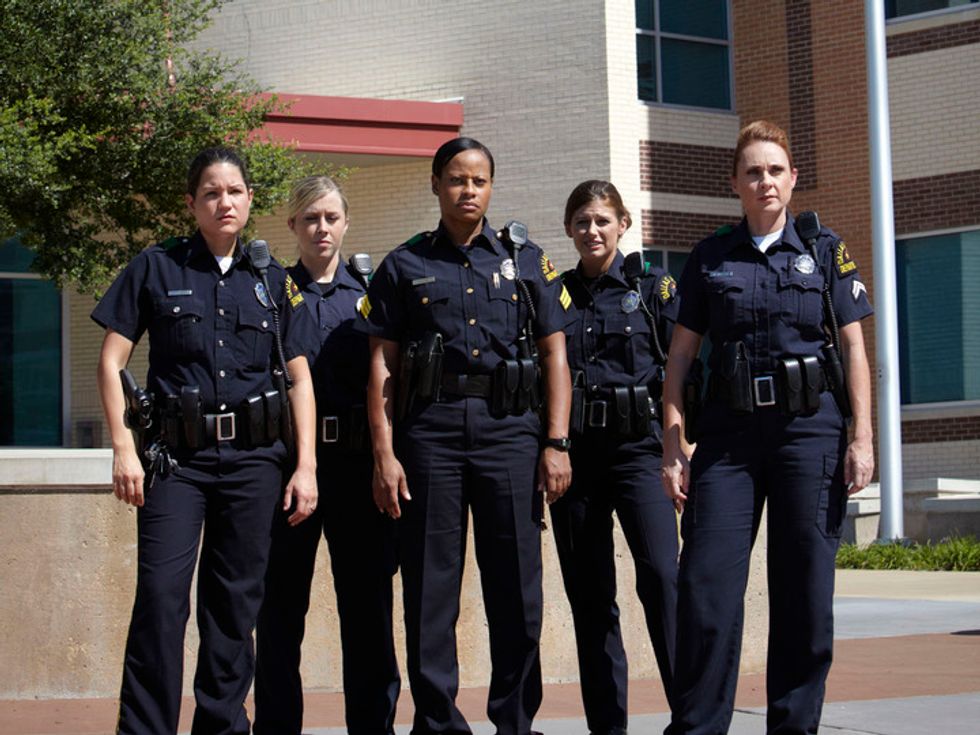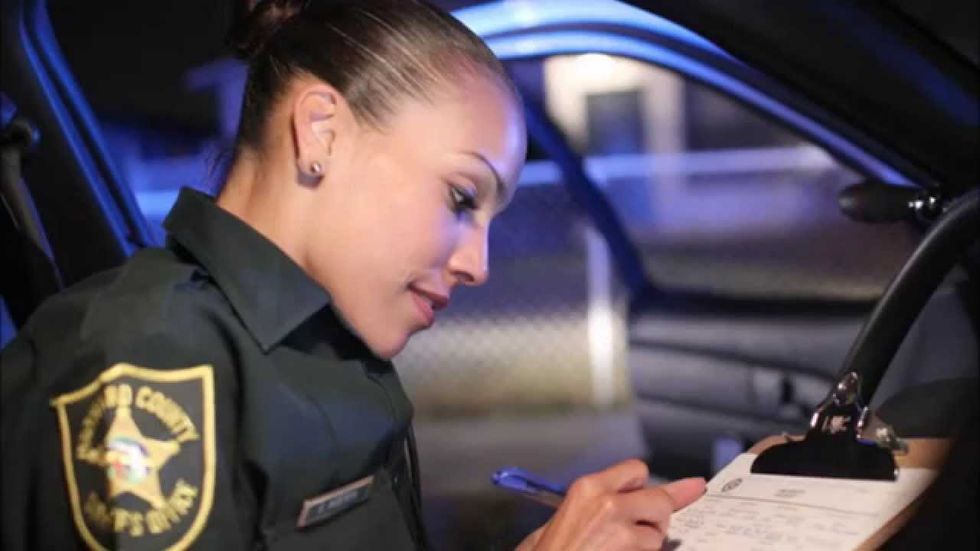“The first police departments in America were established in the 1800s, and in 1845 women began working as matrons in New York City’s jails. This ‘social work’ type of involvement by females continued into the late 19th century as many police departments hired widows of police officers as a way to give them a kind of ‘death benefit’” (Smith). Women have grown their roles in law enforcements significantly from what it was back in the 1800s. They are no longer just matrons, but officers, Federal agents, and various other roles in the broad area of corrections. Women have experienced exponential growth in law enforcement over the last two centuries--from matrons to officers. Strength and determination has allowed the female to conquer gender stereotypes that once defined roles within corrections though they still deal with gender-biases almost on a daily basis.
The earliest women in corrections met superior standards for their work as matrons and social services yet were never compensated. Not only were they not compensated for their work, but were limited to their own bureau and were given jobs that were considered ‘safer;’ clerical, juvenile, guard duty, or vice work. These women could not be promoted except within their special female units which were outside of the ‘normal’ policing units. The reason for women not being ‘full officers’ was because they were not considered to be capable enough to fulfill some of the requirements of being an officer; specifically the more physical aspects of the job and the more ‘dangerous’ side of the job. Finally, in the 1900s, women were able to demonstrate their abilities through a “Federal law mandating equal opportunity regardless of gender or race” (Price). Women proved to be very capable and quite able to execute the job, however, men still were reluctant to believe that women were conducting what they believed was ‘real’ police work.
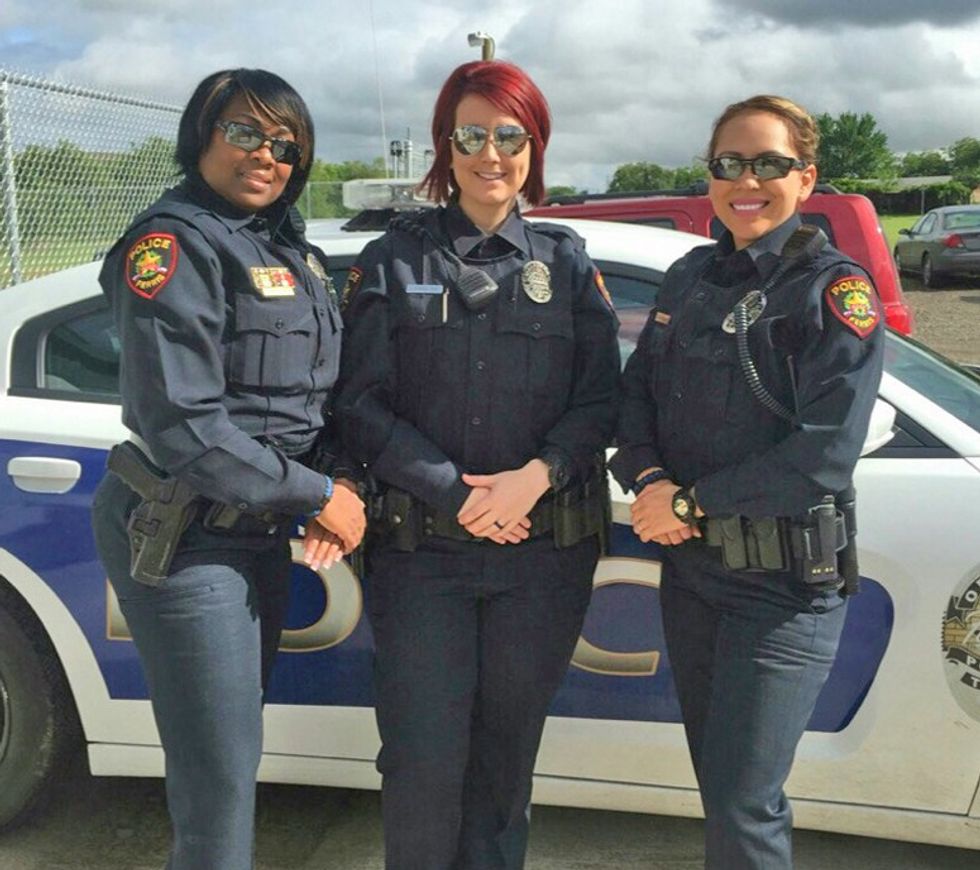
However, women are still trying to take strides to break through the almost never-ending “glass ceiling.” It seems that every time one layer is destroyed; another exists that seems equally invincible to these female officers. Even still, these women were growing in the field. In the 1980s a woman named Penny Harrington stepped up to become the Chief of Portland Police Bureau. This theme continued on into the 1990s. Beverly Harvard, in 1994 in Atlanta, became the first black female police chief. “In 1995 the International Association of Chiefs of Police conducted a study which identified specific barriers to female advancement in law enforcement careers, in an attempt to reduce them. Today over 300 women serve as chiefs of police in departments across the nation” (Smith). The result of women’s growing presence in police work in the 1990s led to many associations dedicated to women in law enforcement. Some examples of associations dedicated to these women include; International Association of Police, Nation Center for Women and Policing, and National Organization of Black Women in Law Enforcement. However, though there is more support for these female officers, women only make up fifteen percent of all law enforcement officers and continue to struggle with equality in the field.
So what are the struggles that these women still face today? A female veteran police officer, K P, writes on the daily struggle for women in this field with anonymous police officers telling their stories of gender-biases. A woman referenced as “Officer 1” once called in for back up when she was in a situation dealing with many drunken men and the responding officer refused to back her up. “She says this Officer is still currently employed and still calls dispatch every time she requests a cover unit to ask why she is needs back up before he will respond” (K P). Another woman mentioned as “Officer 5” had a male officer disperse a topless photo around others in the department and told everyone that it was the female police officer. His intention was to humiliate her and ruin her reputation as an officer. She disproved allegations due to tattoos that she has in which the photo did not but the damage had already been done. Other problems these women dealt and deal with are similar acts of sexual harassment and gender-bias remarks.
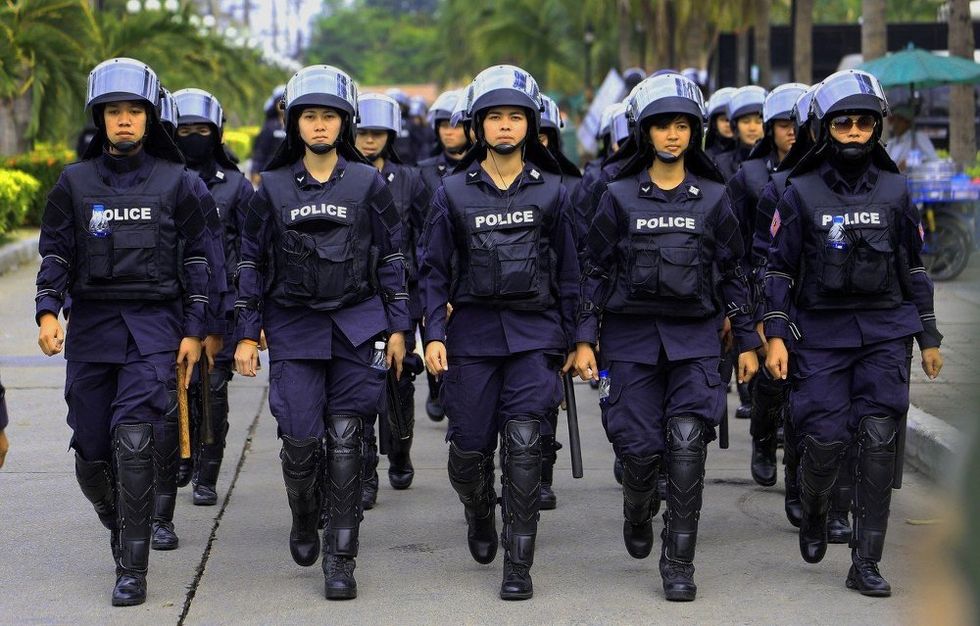
Another writer, Lauren Anderson, also encourages the idea that more women in law enforcement would mean a more peaceful world. Anderson says that women take on the community differently than men. Women tend to dissolve conflict with verbal communication. She says that women are more easily trusted in the community and are involved in them. Anderson communicates that women are less likely to abuse their power or to become corrupted by it. “We need more women in leadership positions in law enforcement throughout the world, but it can’t be done by mandate alone. We women need to embrace our power and leadership potential; know that we can, and do, perform this job exceptionally well…” (Anderson). Women could change the way the game is played if they did not feel so limited and restrained in the workforce. Women could do more than just change the way the game is played but perhaps, also the outcome of the game. Like Anderson suggested, women could make a more peaceful world with more women in law enforcement.
Women have made great strides in law enforcement because of women like: Alice Wells, Elizabeth Robinson, and Betty Blankenship. The roles of women in law enforcement have changed immensely since the 1900s. They moved up from the position of matron to officer to patrol duty and eventually higher in policing roles. However, they are still not where they deserve to be and continue to have to deal with what seems like constant inequality. These women struggle with gender-bias and discrimination as shown by K P. Female officers are overlooked because of their gender and are often times deemed as incapable because of their gender. Due to their gender, women habitually have to deal with sexual harassments and gender-bias remarks by male officers. However, if women were given a fair chance and the respect that they deserve, it would be seen that they are beyond capable of the work. If more women became female officers, it would likely cause a more peaceful approach to handling the hostile environments that comes with the job as stated by Nicole Pina and Lauren Anderson.
Works Cited
K P. "Challenges As Told By Female Officers." Officer.com, 16 Sept. 2015, www.officer.com/article/12115302/challenges-as-tol....
Momentum, Legal. "Why More Women in Law Enforcement Means a More Just and Peaceful World." The Huffington Post, TheHuffingtonPost.com, 21 Aug. 2015, www.huffingtonpost.com/legal-momentum/why-more-wom....
The National Center of Women and Policing. "A History of Women in Policing." Feminist Majority Foundation, womenandpolicing.com/history/historytext.htm.
Pina, Nicole. "Institutional Sexism in Policing is Still Holding Women Back-And That Impacts Everyone." Ms. Magazine Blog, 30 June 2016, msmagazine.com/blog/2016/06/29/the-abuse-of-women-officers-in-the-correctional-system-is-nothing-new/.
Price, Barbara Raffle . "FEMALE POLICE OFFICERS IN THE UNITED STATES." FEMALE POLICE OFFICERS IN THE UNITED STATES, www.ncjrs.gov/policing/fem635.htm.
Smith, Betsy . "Police History: The evolution of women in American law enforcement." PoliceOne, 30 June 2015, www.policeone.com/police-history/articles/8634189-....
Woolsey, Shannon. "Law Enforcement Publications and Conferences." Hendon Publishing Company, 7 Nov., www.hendonpub.com/resources/article_archive/result...



